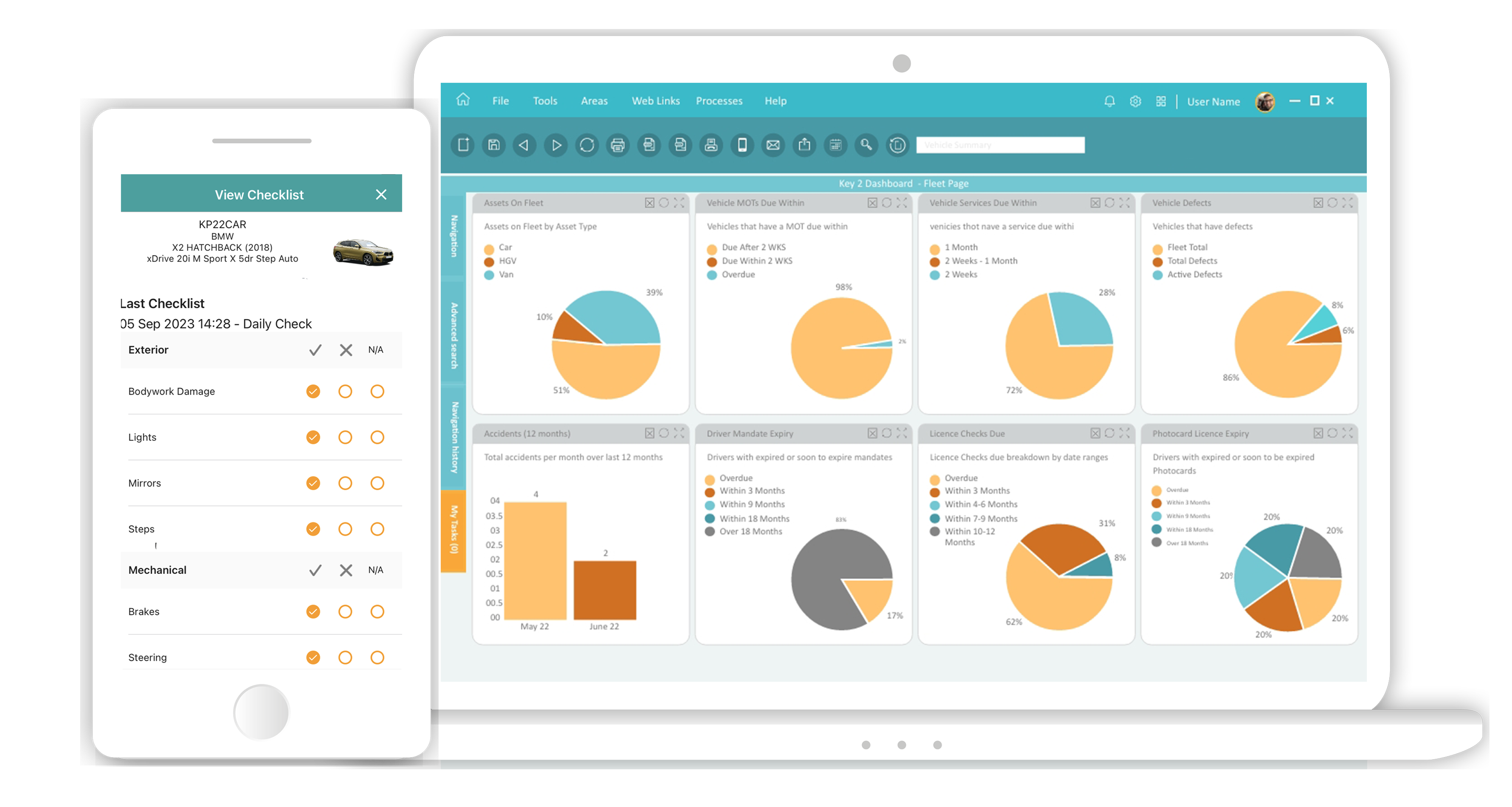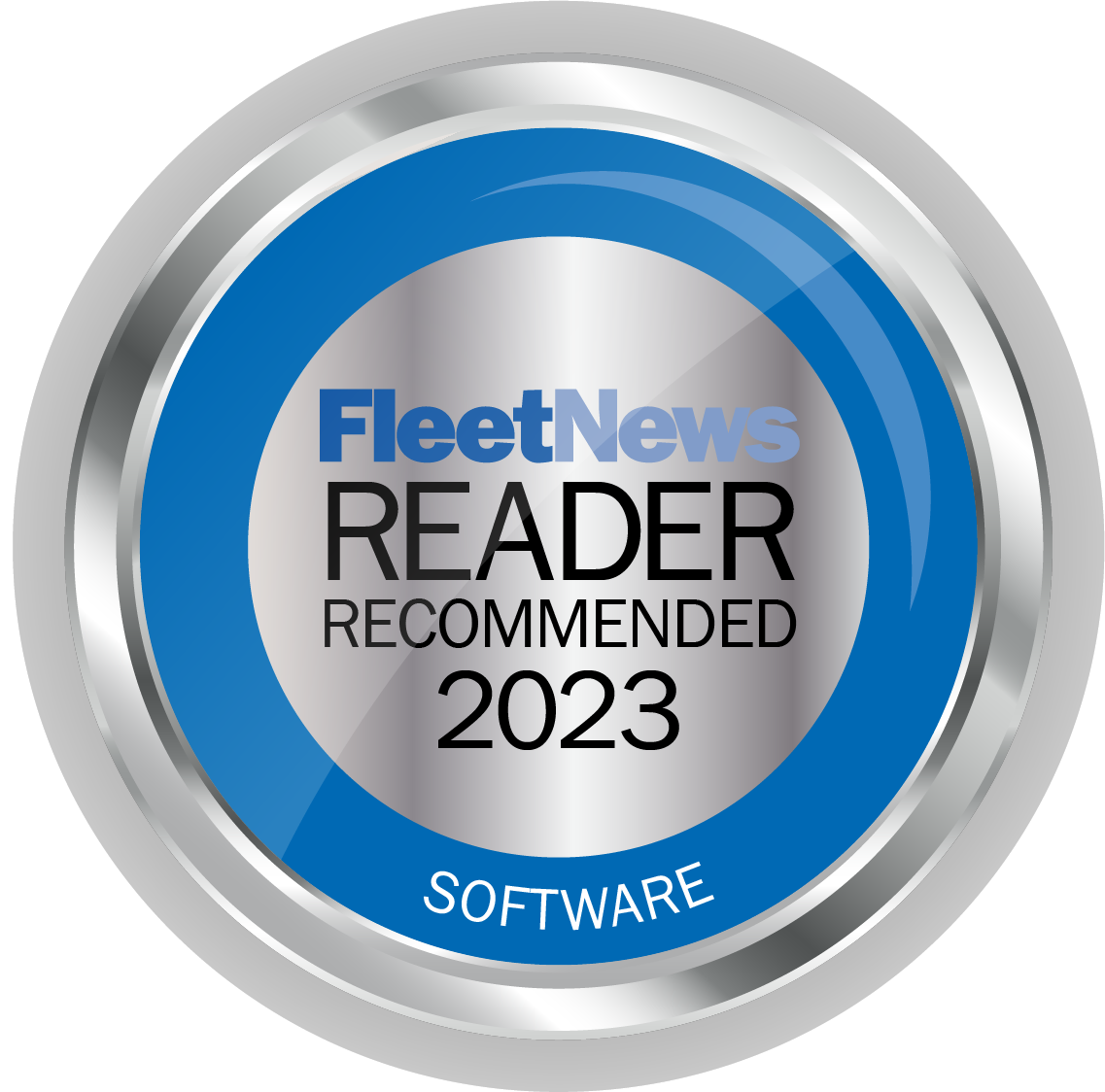Advertisement feature from Jaama
The creation of Octopus Electric Vehicles demanded systems that would both allow the business to grow rapidly and serve customers today and tomorrow.
Few decision makers at either leasing companies or large fleets have the luxury to start from scratch when specifying a new IT system. Legacy systems typically force compromises and constraints, rather than the ultimate freedom of a ‘greenfield’ perspective that greeted Chris Joyce when he started working for Octopus Electric Vehicles three years ago, initially as a consultant and subsequently as commercial operations director.
In the depths of 2020’s Covid-19 lockdowns, Octopus EV was a leasing broker with ambitions to become a fully-fledged leasing provider, specialising in the fast-growing salary sacrifice market for electric cars.
Fast-forward to 2023 and Octopus has soared through the threshold of 10,000 live contracts as more than 3,500 employers seize the chance to offer their staff the highly prized benefit of saving hundreds of pounds per month on an electric car lease via salary sacrifice.
Managing every stage of a fast-growing fleet of this size, from initial quotation to disposal, places heavy demands on a software system that has to meet the twin challenges of satisfying challenging operational demands while being intuitive to use for staff who may not have prior experience of using a leasing IT system.
“Octopus is a very demanding company; we deliver a fantastic service, we are moving at a very fast pace, and we have high demands of all of our suppliers all the way from systems to aftermarket and disposals,” said Joyce.
He joined the IT selection process after the company had whittled its shortlist down to three options, each of which presented a different proposition to manage Octopus EV’s back-office operation. One had an off-the-shelf quotation system, but would have had to build the fleet management functionality. Another was in the process of updating its software, which meant varying degrees of interactivity depending on the function. Finally, Jaama’s Key2 management software, a Goldilocks solution used by 30% of FN50 leasing companies, which offered a complete fleet management package.
“It became an easy choice – Key2 was a comprehensive solution that did it all,” said Joyce.
He had already worked with Jaama for a dozen years in previous roles at other leasing companies, an experience that gave him confidence in the firm’s people and capabilities, which would prove to be particularly valuable during the initial integration of Key2.

‘We were not starting with a bank of assets, but with a blank sheet of paper, so it was important that Jaama could support us in terms of understanding our business, helping us to specify the system and populating the variables to drive the various functions, with a particular focus on quotations, client set-up and early life invoicing,” said Joyce.
Three years on, there are still weekly catch-up discussions and monthly meetings between Jaama and Octopus EV to iron out any bugs and plan future IT requirements.
Octopus EV has a large IT department that creates all of the company’s front-end development, such as quotations and portals for drivers and employers. This front end then needs integration with Jaama’s Key2 platform for the in-life operational management of vehicles.
Key2 provides a seamless transition for onboarding drivers and managing all of their in-life requirements, from vehicle servicing and maintenance, to MOTs, tyres and accident management.
Whenever Octopus EV has sought solutions to problems, Key2 has proved to be flexible, and the advantages of partnering with a specialist fleet software supplier means the leasing company can rely on Jaama to keep the system up-to-date with any legislative changes or industry developments.
The fleet ecosystem is neither as sophisticated nor as swift to change as Joyce would like, particularly in the connectivity of the aftermarket, but at the front end Octopus positions itself at the leading edge of technology developments, integrating Jaama’s Signable electronic document signing facility into its salary sacrifice proposition, and future-proofing its operations by ensuring that its software will be able to deal with new developments, such as monitoring and reporting EV battery health or dealing with swappable battery technology.
The recent launch of Octopus EV’s innovative salary sacrifice scheme for secondhand electric cars provides a prime case study of how fleet management software has to be flexible to accommodate new products and services.
Naturally, with the volume of data generated by electric vehicles rising exponentially, Octopus EV is looking to Key2 to create a series of bespoke reports, alongside the more standard and predictable reports that any leasing company would require.
With the benefit of hindsight, Joyce expresses an element of relief that Octopus EV chose Key2, and that the system has been able to manage the rapid growth of the company’s fleet with relative ease. Jaama hosts the Octopus EV system on a dedicated server, and bills Octopus per ‘live’ asset on the system.
As for his recommendation to any other leasing or fleet decision maker going through the procurement process of selecting a new IT infrastructure, Joyce said: “I would advise them to look at the track record of a company (that counts for a lot), what they have been able to deliver, and the type of customers they serve. You have to future proof yourself and know where a supplier is going to go in terms of IT architecture and new developments, so an understanding of its roadmap is more important now, because of this massive growth in EVs. Slightly different operating models are emerging, particularly at the front end, and any system will need to be able to cope with that.”
For further information visit the Jaama website here; email enquiries@jaama.co.uk or call 0844 8484 333

![]()

















Login to comment
Comments
No comments have been made yet.